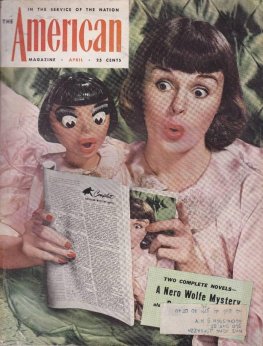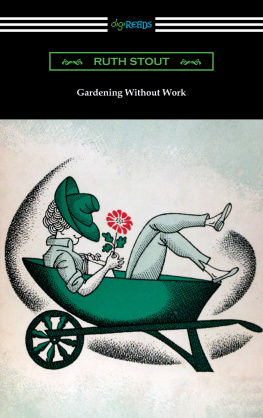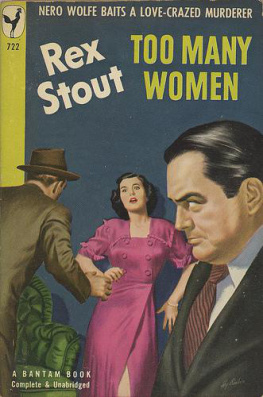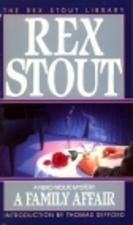Dispossessed
Named in remembrance of the onetime Antioch Review editor and longtime Bay Area resident,
the Lawrence Grauman, Jr. Fund
supports books that address a wide range of human rights, free speech, and social justice issues.
The publisher and the University of California Press Foundation gratefully acknowledge the generous support of the Lawrence Grauman, Jr. Fund.
The publisher and the University of California Press Foundation also gratefully acknowledge the generous support of the Barbara S. Isgur Endowment Fund in Public Affairs.
CALIFORNIA SERIES IN PUBLIC ANTHROPOLOGY
The California Series in Public Anthropology emphasizes the anthropologists role as an engaged intellectual. It continues anthropologys commitment to being an ethnographic witness, to describing, in human terms, how life is lived beyond the borders of many readers experiences. But it also adds a commitment, through ethnography, to reframing the terms of public debatetransforming received, accepted understandings of social issues with new insights, new framings.
Series Editor: Robert Borofsky (Hawaii Pacific University)
Contributing Editors: Philippe Bourgois (UCLA), Paul Farmer (Partners In Health), Alex Hinton (Rutgers University), Carolyn Nordstrom (University of Notre Dame), and Nancy Scheper-Hughes (UC Berkeley)
University of California Press Editor: Naomi Schneider
Dispossessed
How Predatory Bureaucracy Foreclosed on the American Middle Class
Noelle Stout

UNIVERSITY OF CALIFORNIA PRESS
University of California Press, one of the most distinguished university presses in the United States, enriches lives around the world by advancing scholarship in the humanities, social sciences, and natural sciences. Its activities are supported by the UC Press Foundation and by philanthropic contributions from individuals and institutions. For more information, visit www.ucpress.edu.
University of California Press
Oakland, California
2019 by The Regents of the University of California
Library of Congress Cataloging-in-Publication Data
Names: Stout, Noelle M., 1976 author.
Title: Dispossessed : how predatory bureaucracy foreclosed on the American middle class / Noelle Stout.
Description: Oakland, California : University of California Press, [2019] | Series: California series in public anthropology ; 44 | Includes bibliographical references and index. |
Identifiers: LCCN 2018055942 (print) | LCCN 2018060131 (ebook) | ISBN 9780520965423 (ebook) | ISBN 9780520291775 (cloth : alk. paper) | ISBN 9780520291782 (pbk : alk. paper)
Subjects: LCSH : Predatory lendingCaliforniaSacramento. | Reverse discrimination in mortgage loansCaliforniaSacramento. | Collection lawsMoral and ethical aspectsCaliforniaSacramento.
Classification: LCC HG 2040.5. U 62 (ebook) | LCC HG 2040.5. U 62 S 76 2019 (print) | DDC 332.1/7530979454dc23
LC record available at https://lccn.loc.gov/2018055942
Manufactured in the United States of America
27 26 25 24 23 22 21 20 19
10 9 8 7 6 5 4 3 2 1
For my mom, Lori, and my boys, Bohdy and Damian
You cant go back home ... to the old forms and systems of things which once seemed everlasting but which are changing all the time.
Thomas Wolfe
Contents
Illustrations
LANDSCAPES
DOCUMENTS
DRAWINGS
INTRODUCTION
Once Sold, Twice Taken
A Life Undone
Brooke handed me a paper towel so I could wipe the sweat from my forehead. The temperature had broken a hundred degrees, and the thick air in her garage smelled like baked asphalt and dusty wood. Perspiration dotted the back of her neck, where strands of blonde hair escaped from a thick, messy bun. A white plastic table fan, propped on a pile of movers blankets, hummed as it pushed hot air from one side of the garage to the other, skimming over towers of moving boxes. She took a seat next to me, our knees almost touching as we cowered in a small island of space near her open garage doora futile attempt to capture a late afternoon July breeze. Neither of us complained about the heat, silently shifting our weight on the boxes where we sat surveying the garage.
Brooke Young, a thirty-eight-year-old whose light eyes and tall physique betrayed her distant Scandinavian roots, was going through foreclosure in her lower-middle-class suburban neighborhood in Northern California. Dealing with packing the garage, she had told me six months earlier, is the first thing I think about when I think that we might really lose our house. A self-described pack rat, Brooke hated moving. And moving because of her foreclosure made it an atypical move. Unable to hold back tears, she had said, When we bought the house I thought wed be there forever. Its where my son took his first steps, celebrated his first birthday and Christmas. We planted a tree in the yard when he was born, marked his height on the wall in the kitchen. Tending to avoid big life changes, Brooke had lived in San Jose her entire life. She had taught sixth grade at the same public middle school since finishing her teaching credential over a decade before.
We had been in the garage most of the day. The artifacts of Brookes family life closed in around us. On one side were white garbage bags stuffed with clothes atop cardboard boxes bursting with stuffed animals and other toys. Disassembled Ikea furniture leaned against one wall next to towers of paperback books. In the back of the garage sat floor lamps missing shades and bulbs, sports equipment, and bicycles. Knickknacks and keepsakes, including a Ziploc baggie of half-melted birthday candles from her sons birthdays, old thank-you cards from her former students, and shells from beach trips, had broken free from their original containers and were littered across box tops. Brown paper grocery bags from Trader Joes barely contained Brookes school papers, with work sheets popping out like white flags. Given the circumstances, one greeting card seemed especially tone-deaf, with a smiling baby gorilla wearing a party hat under neon balloon letters proclaiming, Lifes a party!
At the center of the garage, where a car would have been parked under more civilized circumstances, sat three heaping mounds: trash, donate, and pack. Towering over the piles was a broken grandfather clock Brooke had inherited from her grandmother, a family heirloom caught off guard in a whirlwind of downward mobility.
Our packing had stalled when Brooke reached a section of the garage filled with storage boxes of her sons outgrown baby clothes. Bending over an infant car seat, she pulled a wrinkled, yellow cotton onesie out of a box. Months earlier, when Brooke had told me about their impending foreclosure, she confessed that she and her husband, Jarred, desperately wanted a second child but were delaying their plans because of their money troubles. Nearing forty, she felt as if time was running out. Losing their home might also mean letting go of the family she had always envisioned. Should we take all of this? she asked, stuffing the onesie back in the box. Keep it, pack it, I said, trying to sound nonchalant, as if her favorite David Sedaris paperback was at stake. Instead of talking about it, we sat on our boxes to take a break.















